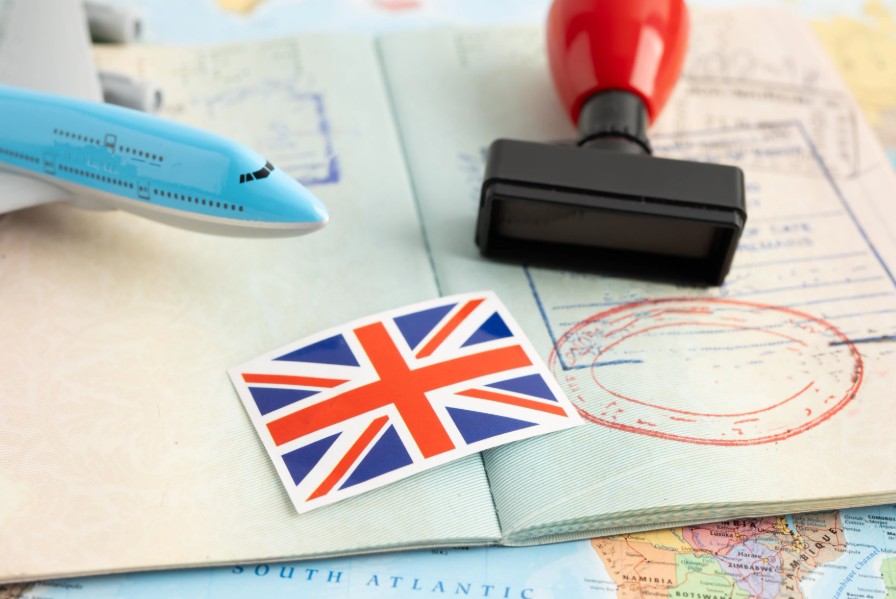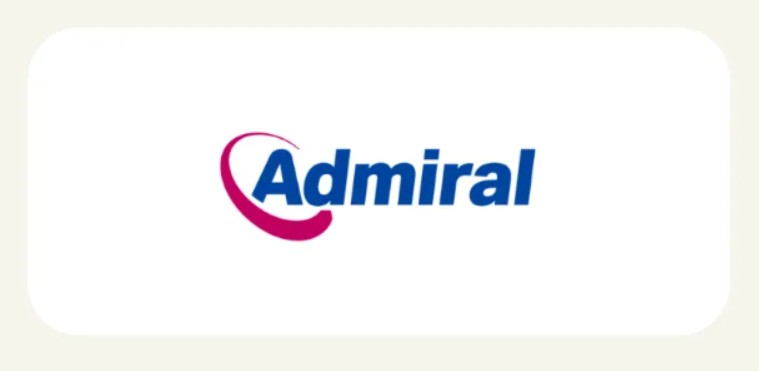Find the List of Companies That Can Sponsor Visa in UK
Last Updated on
If you’re planning to live and work in the UK but don’t currently hold British citizenship or settled status, securing a UK work visa is an essential step. In most cases, obtaining this visa requires sponsorship from a UK-based employer who is officially licensed by the government to sponsor overseas workers. But which companies can sponsor visas? How do you find these employers? And what do you need to know about the visa sponsorship process to maximise your chances?
This comprehensive guide aims to answer all these questions and more. Whether you’re a skilled professional searching for a sponsoring employer or a business owner interested in hiring international talent, understanding how visa sponsorship works and who the key players are is critical. Read on to discover the top companies that can sponsor visas in the UK, how to check their sponsorship status, and practical tips to help you succeed.
What Is Visa Sponsorship in the UK?
Visa sponsorship occurs when a UK employer is granted a licence by the Home Office to hire workers from outside the UK and the EU. This sponsorship involves issuing a Certificate of Sponsorship (CoS)—a unique digital reference number that confirms a genuine job offer that meets UK immigration criteria.
Companies must comply with strict rules to maintain their sponsorship licences, including record-keeping and reporting duties. Without this official sponsorship, most foreign nationals cannot legally work in the UK.
Which Types of UK Work Visas Require Sponsorship?
Several visa categories depend on sponsorship by a licensed UK employer:
- Skilled Worker Visa: This is the most popular work visa and is available to individuals in skilled jobs listed on the UK’s official occupation shortage list or approved occupations.
- Intra-Company Transfer Visa: For employees transferring to UK branches of multinational companies.
- Temporary Worker Visa: For specific, time-limited roles such as charity workers, religious workers, or seasonal agricultural workers.
- Health and Care Worker Visa: Designed for doctors, nurses, and healthcare professionals sponsored by the NHS or private healthcare providers.
Understanding which visa applies to your role is the first step toward securing sponsorship.
Why Do UK Companies Sponsor Visas?
Many UK sectors face shortages of skilled professionals locally. Visa sponsorship enables companies to recruit highly qualified talent from around the world, helping them grow and innovate. For individuals, securing sponsorship is often the only way to live and work legally in the UK.
How to Check If a Company Is Licensed to Sponsor Your Visa?
The UK Home Office maintains an official register of licensed sponsors, which is regularly updated and publicly available. This is the best way to verify whether a company is authorised to sponsor foreign workers.
- Visit the government’s Sponsor Register.
- Search for companies by name, sector, or location.
- Review job listings for sponsorship offers.
- Reach out to the employer’s HR department for confirmation if unclear.
Major Sectors and Companies Sponsoring Visas in the UK
Below is a detailed overview of the main sectors sponsoring visas and examples of prominent UK companies within each:
1. Technology & IT Sector

The UK’s booming technology industry is the largest sponsor of overseas workers. Companies seek software developers, AI specialists, data analysts, and cybersecurity professionals.
Leading Sponsoring Companies:
- Google UK: Hiring across London and other cities, sponsoring software engineers, data scientists, and AI experts.
- Microsoft UK: Frequent sponsor for cloud computing, software development, and consulting roles.
- Amazon UK: Offers sponsorship for roles in logistics technology, cloud infrastructure, and AI.
- IBM UK: Long-established sponsor in software development and IT consulting.
- Accenture UK: Consulting and digital transformation services with broad sponsorship needs.
2. Finance & Banking Industry
London is a global financial centre, with many banks and financial firms sponsoring overseas professionals in investment, risk management, compliance, and fintech.
Notable Employers:
- HSBC: One of the UK’s largest banking employers sponsoring diverse roles.
- Barclays: Offers sponsorship for IT specialists, analysts, and financial experts.
- J.P. Morgan: Frequently sponsors banking and tech roles.
- Goldman Sachs: Sponsorship opportunities in finance, technology, and operations.
- Lloyds Banking Group: Sponsors roles in retail and corporate banking.
3. Healthcare Sector

The NHS and private healthcare providers are major visa sponsors due to ongoing shortages of doctors, nurses, and allied health professionals.
Key Healthcare Sponsors:
- NHS Trusts across the UK: Largest sponsors in healthcare.
- Bupa UK: Provides sponsorship in clinical and administrative healthcare roles.
- Spire Healthcare: Private hospitals sponsoring medical professionals.
4. Engineering & Manufacturing
Specialist engineering and manufacturing companies sponsor overseas experts to maintain the UK’s status in aerospace, automotive, and defence sectors.
Leading Companies:
- Rolls-Royce: Aerospace engineering and technical roles.
- BAE Systems: Defence and aerospace positions.
- Jaguar Land Rover: Automotive design and manufacturing sponsorships.
- GKN Aerospace: Engineering and production.
5. Education & Research
Universities and research institutions sponsor academics, researchers, and key support staff.
Prominent Sponsors:
- University of Oxford
- University of Cambridge
- Imperial College London
- King’s College London
6. Hospitality & Retail
Although sponsorship is less common in entry-level roles, large hospitality and retail companies often sponsor managerial and specialised positions.
Examples:
- Marriott International UK: Hotel management and executive roles.
- Whitbread PLC (Premier Inn): Sponsorship for skilled hospitality positions.
- Tesco: Managerial and specialist roles sponsored occasionally.
Becoming a Licensed Sponsor: What Small Businesses Should Know

If you run a small or medium-sized business in the UK and want to hire international talent, you can apply for a sponsorship licence. The process includes:
- Registering with the Home Office.
- Paying the applicable sponsorship fee (£536 for small businesses).
- Proving you have the infrastructure and HR systems to comply with sponsorship duties.
- Training your HR staff on legal requirements.
Becoming a sponsor opens access to global talent but also involves strict compliance and regular audits.
Top Tips for Job Seekers Searching for Sponsorship
- Focus on Eligible Occupations: Check if your job title appears on the UK Skilled Occupation List.
- Apply to Verified Sponsors: Use the official Home Office sponsor register.
- Tailor Your Applications: Highlight skills and experience relevant to the UK job market.
- Network and Use Agencies: Engage with professionals and recruiters experienced in visa sponsorship.
- Prepare for Costs: Some employers expect candidates to pay visa fees; know your responsibilities upfront.
Overcoming Common Challenges
- High Competition: Many candidates compete for limited sponsorships, so upskilling and certifications are vital.
- Visa Fees: Clarify who pays visa-related costs early in the hiring process.
- Changing Immigration Rules: Immigration policies evolve frequently, so staying informed via official sources is essential.
Final Thoughts
Securing a UK work visa through employer sponsorship is a realistic and popular route for overseas professionals across many sectors. Whether you are in technology, healthcare, finance, engineering, education, or hospitality, numerous companies across the UK hold sponsorship licences to hire international talent.
Always confirm a company’s sponsorship status via the official Home Office list and prepare thoroughly for the application process. If you’re a UK business owner, sponsoring international workers can help you access vital skills but requires a clear understanding of your obligations.







